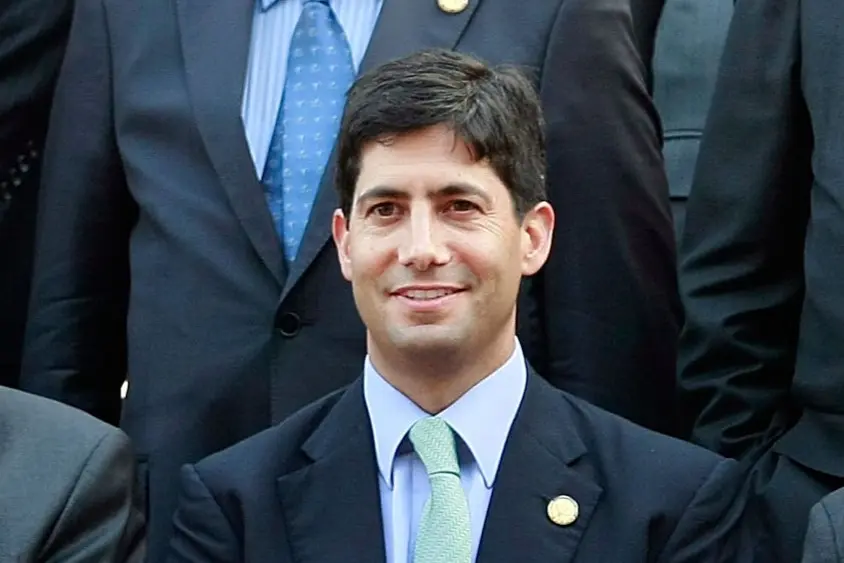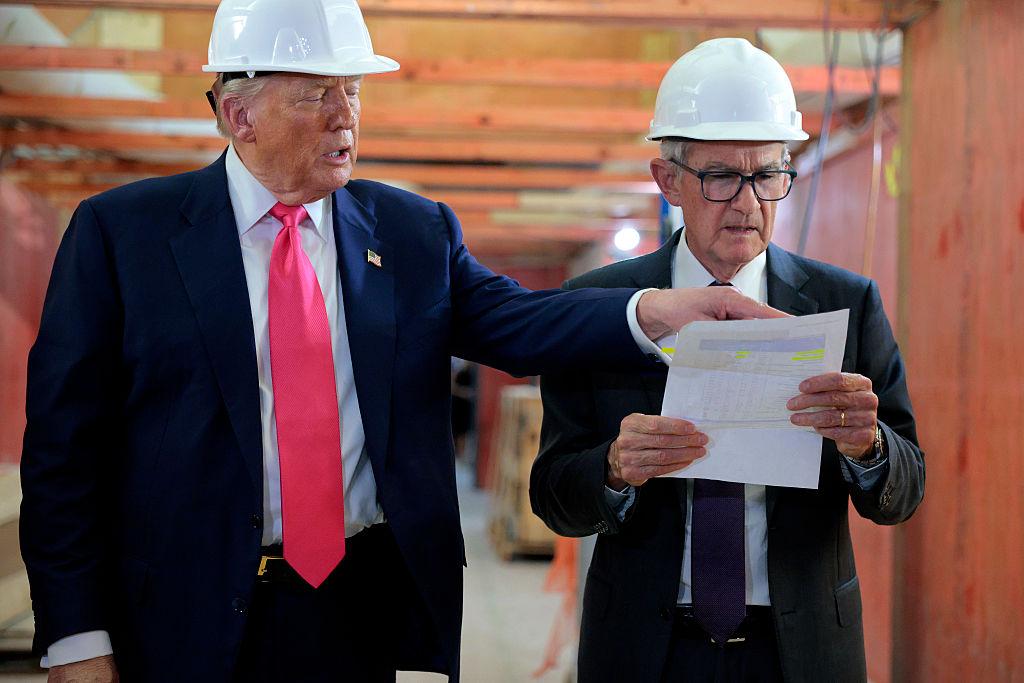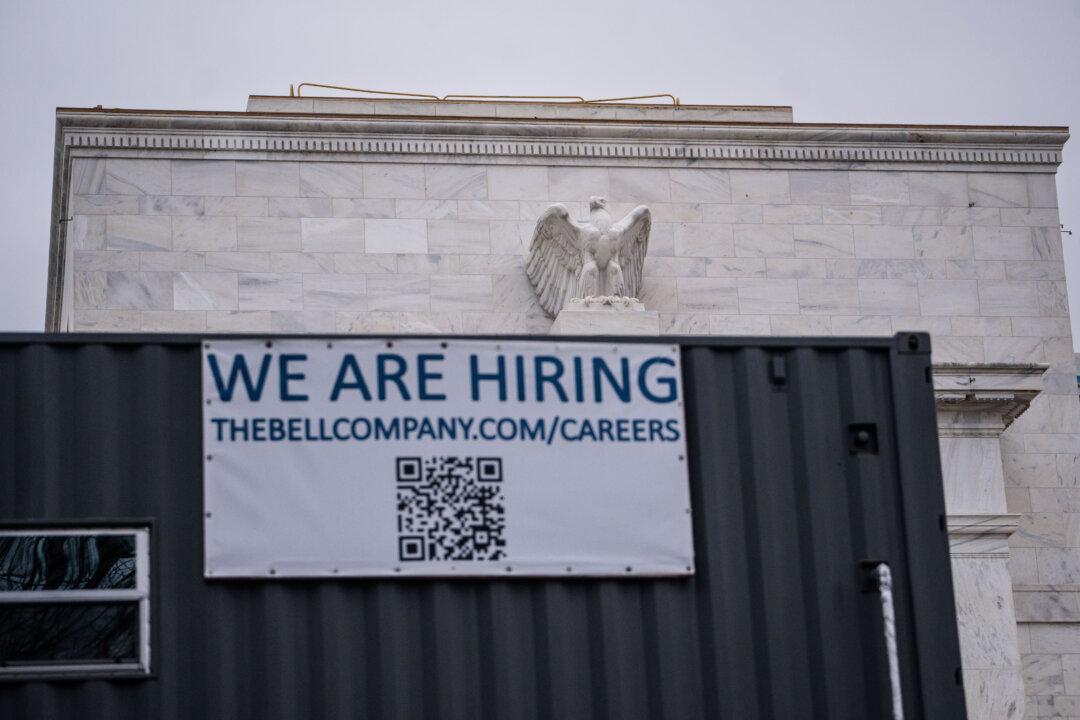Commentary
Several major central banks have already cut key interest rates in a coordinated manner. At one time, our Fed also planned to be a part of these June rate cuts, but rising inflation postponed those plans. There is a possible result of this new trend: a resumption of the carry trade, which may attract more bids on Treasury bonds, due to their higher relative rates to the euro and other competitors. Over time, that could lower Treasury rates, which could convince the Fed to cut rates, too.





